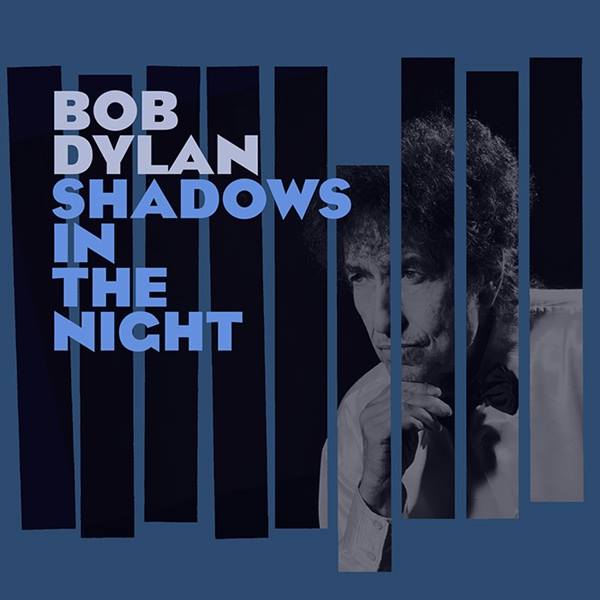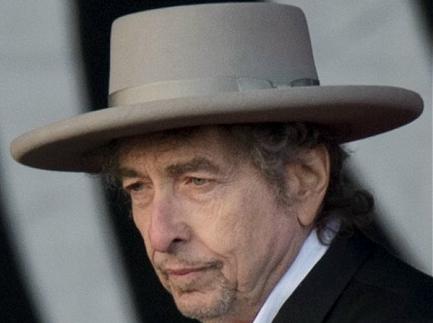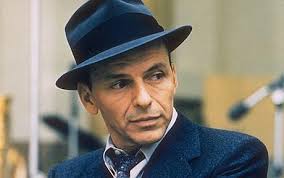
| Tweet |

Bob Wilson
Shadows in the Night is the thirty-sixth studio offering by Bob Dylan. Dylan has offered whole albums of covers before, but never one that stems solely from the work of one artist. Shadows is standards made famous by Frank Sinatra, although not every version of each title was definitively recorded by him. 'Lucky Ol' Sun' was recorded by Sinatra, but reached number one for Frankie Laine in 1949. Sinatra's competing version peaked at number sixteen the same year. Dylan has played the tune live beginning in 1986, and it's Gospel references seem to have drawn his attention to the tune.

With Dylan, less can often be more. Bob always said the key is found in the inspiration behind the inspiration. On Shadows in the Night, Dylan and his touring ensemble strip the Sinatra arrangements down to their bare bones. They set up shop at Capitol's Studio B, where Frank originally warbled for his own recordings. Rather than relying on orchestration and Sinatra's own stunning vocal gifts, Dylan's road weary voice of experience sucks the marrow from the bones of the songs. Dylan's own instrument finds itself often derided by those who listen and do not hear, and what they miss is a universe unto itself. Satellites have been launched into space to bring less information back than rock's most gifted raconteur has told us about in song.
Shadows opens with 'I'm a Fool to Want You', exposing vocally the angst from desired but unobtainable love. 'Stay With Me' has lyrics that mesh perfectly with his own themes prevalent since 1995's Time Out of Mind. “Like a lamb in springtime, wanders far from the fold. I grow cold, I grow weary, and I know I have sinned.” As in the earlier 'Not Dark Yet', love has brought angst as the apocalypse draws near. Dylan seems content to look up while looking back on squandered romantic love, and rock as good as Gibraltar in the interim. The line in 'Stay With Me' continues, “Till I find time to wonder every path leads to Thee.” This musician will be playing until the wheels fall off and burn, or Gabriel blows his horn and Dylan rises in the air.
Other standards speak for themselves while simultaneously speaking for Dylan. 'Why Try to Change Me Now?” fits Dylan like a finely tailored suit. We may recall Bob asking just what would be the sense of 'changing horses in midstream?'. 'Full Moon and Empty Arms' and 'Where Are You?' strike the romantic chord that has such similar resonance in the love songs Dylan has penned since his latest resurgence had begun, and whose river still flows satiating the thirsty to this very day.
The singer croons, “Why can't I be more conventional?. That line must bring an ironic smile to Dylan's face as he offers it up from experience. Dylan says he'll love her “till the moon turns upside down; but why try to change me now?” Both Sinatra and Dylan are seemingly loyal men, paradoxically who have often known a careless love uncounted on fingers and toes.

At his 80th birthday party, Sinatra requested Bob to sing his own 'Restless Farewell'. Dylan was the only artist on the bill not singing a song made famous by Sinatra. Dylan stands out as unique seemingly as easily as he breathes, even in star-studded company. On Shadows Dylan makes up for that omission ten times over. Mr. Frank must be listening intently, and smiling down with that Lucky Ol' Son'
Bob Dylan - The Night we Called it a Day - Music Video
*******
Click to Buy
The Bob Wilson Interview of Andy Muir
CLICK HERE
Bob Wilson Review-William Sachs: HOLLYWOOD FIXER